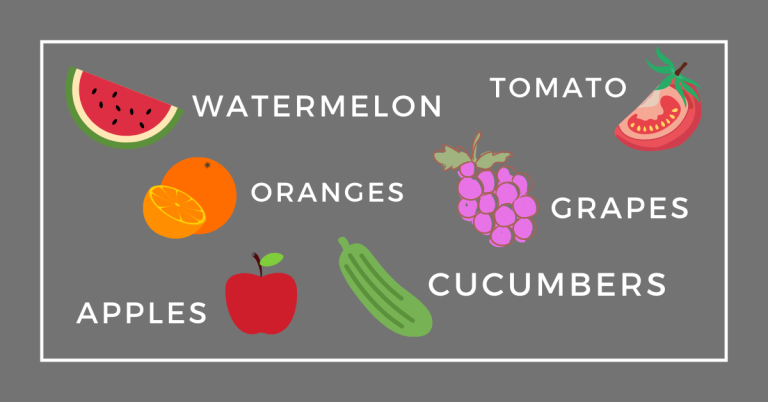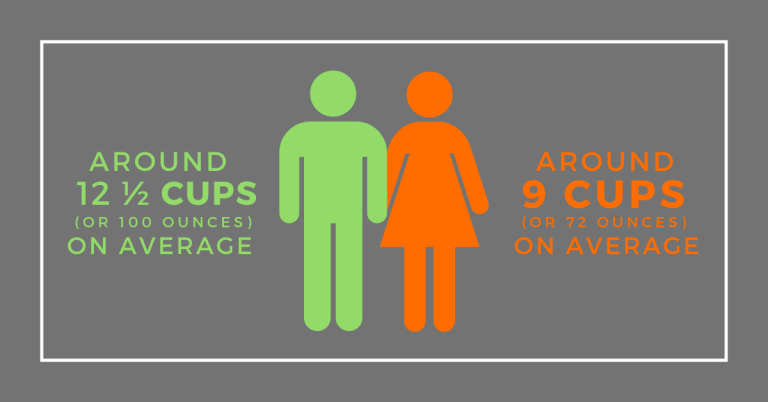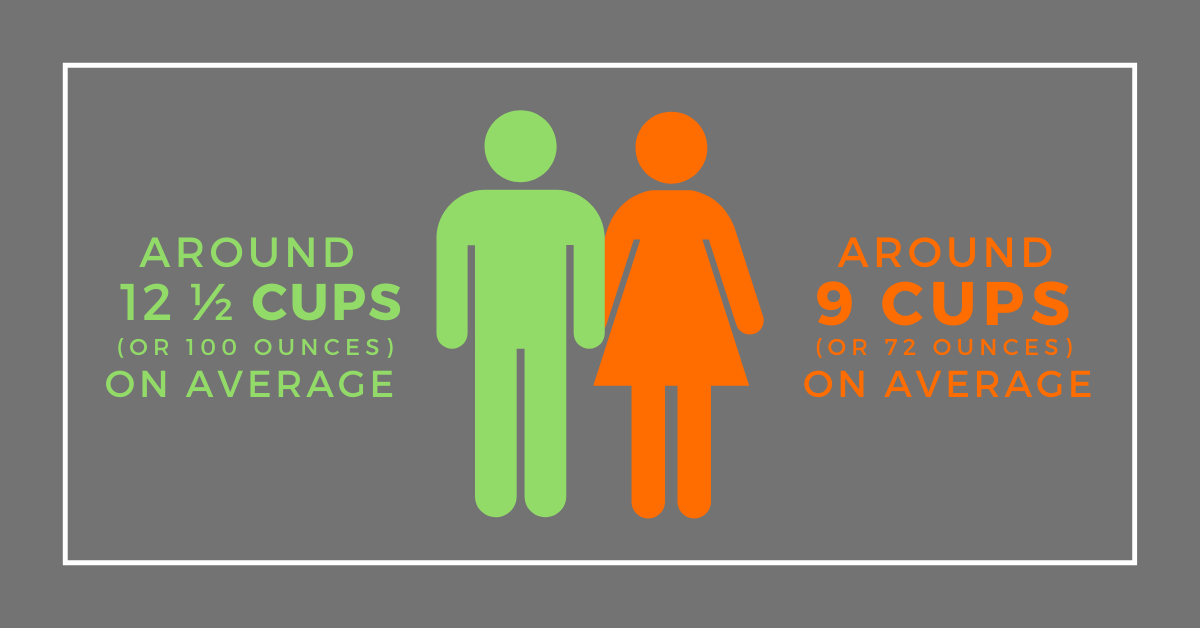We’ve all been the kind of busy and stressed out that makes us accidentally miss a meal (and in some cases, not even be hungry for one). However, missing those meals prevents you from giving your body the nutrition and hydration it needs to power through and operate at full capacity. For busy medical students, it’s important to remember that you have to take care of yourself before you can successfully take care of others (i.e. your future patients). If you get into the habit now of not just eating regular meals, but also healthy ones, you’ll likely be able to carry these habits through to residency (when you have even less time to dedicate to eating and drinking the right things). Ensuring you get sufficient nutrition, can dramatically improve your mood, immunity, energy, and focus—all things necessary for preparing to be a physician.
Not sure how to cram nutrition, and hydration, and everything else into your already super-packed schedule? Keep reading!
WATER
How much water do I need?
80% of our water intake comes from fluids, and only about 20% from the foods we eat. This makes drinking water all the more essential. When you are even mildly dehydrated, this can cause physical stress on your body, and make it difficult to concentrate and even perform physical tasks.

How do I drink more water?
With so many things on your plate right now, you forget about the glass of water sitting right next to it. Technology can help! Hydration apps and smart bottles provide reminders to drink your daily fill. You can also up your intake of water-rich foods:

FOOD
How do I eat healthier?
Stop. Skipping. Breakfast. We hear you. By the time our feet hit the floor in the morning, we’re already go-go-going—with many of us putting little to no thought into jump-starting our day (and our metabolism) with breakfast (because we already jumpstarted it with a million other things). When a leisurely brunch is not on your menu, here are a couple of easy grab-and-go ideas:
- Probiotic-packed Greek yogurt
- Apple or banana
- Bulk Granola or Healthy Trail Mix
Pre-portion your snacks. Looking for a better way to avoid stress-eating and/or over-eating? Portioning out your snacks ahead of time with baggies or bowls can be a lifesaver. Plus, it helps you plan your limits (before your mouth craves more). When it’s gone, it’s gone.
Upgrade old favorites to healthier versions. We’re not suggesting you stop eating your favorites like mac and cheese (gasp!) or hamburgers (nooo!). Just give them a little refresh with some healthy swaps and additions.
- Sneak veggies into traditionally ‘bad-for-you meals’—like lasagna
- Swap your proteins—ground turkey for ground beef
- Reduce your sugar intake—stop adding it to your morning coffee, say no to high-sugar condiments like ketchup, or swap high-sugar juice for a lower sugar option like kombucha
How do I pull this off with my busy schedule?
Virtual Shopping with grocery apps. Skip the store with apps, such as Amazon Fresh, Instacart, or Peapod. These allow you to shop from wherever you are. Instead of investing time going to the grocery store, wandering around aimlessly, and suddenly finding yourself holding a family-size bag of chips instead of a head of broccoli, this method can help you save some serious time, and if you’re smart, some money too.
Save prep time by going frozen. Best part? It’s already prepped and chopped for you. And some studies show that frozen vegetables are packed with even more nutrients than the fresh stuff because they are frozen before your fruits and veggies start to break down. Frozen also costs a LOT less than fresh too.
Prepare meals for on-the-go. Make the most of your weekend study breaks. Pop into the kitchen for a few minutes here and there to bag some snacks for the week or blend smoothies to freeze (find some of our favorite recipes here). Another study break gets your virtual grocery shopping taken care of too.
When you’re busy, it’s hard to make space for nutrition (or even meals in general), but doing so will help to increase your focus, lower your stress, and save you time in the long haul. Focusing on diet and nutrition doesn’t need to slow you down!


